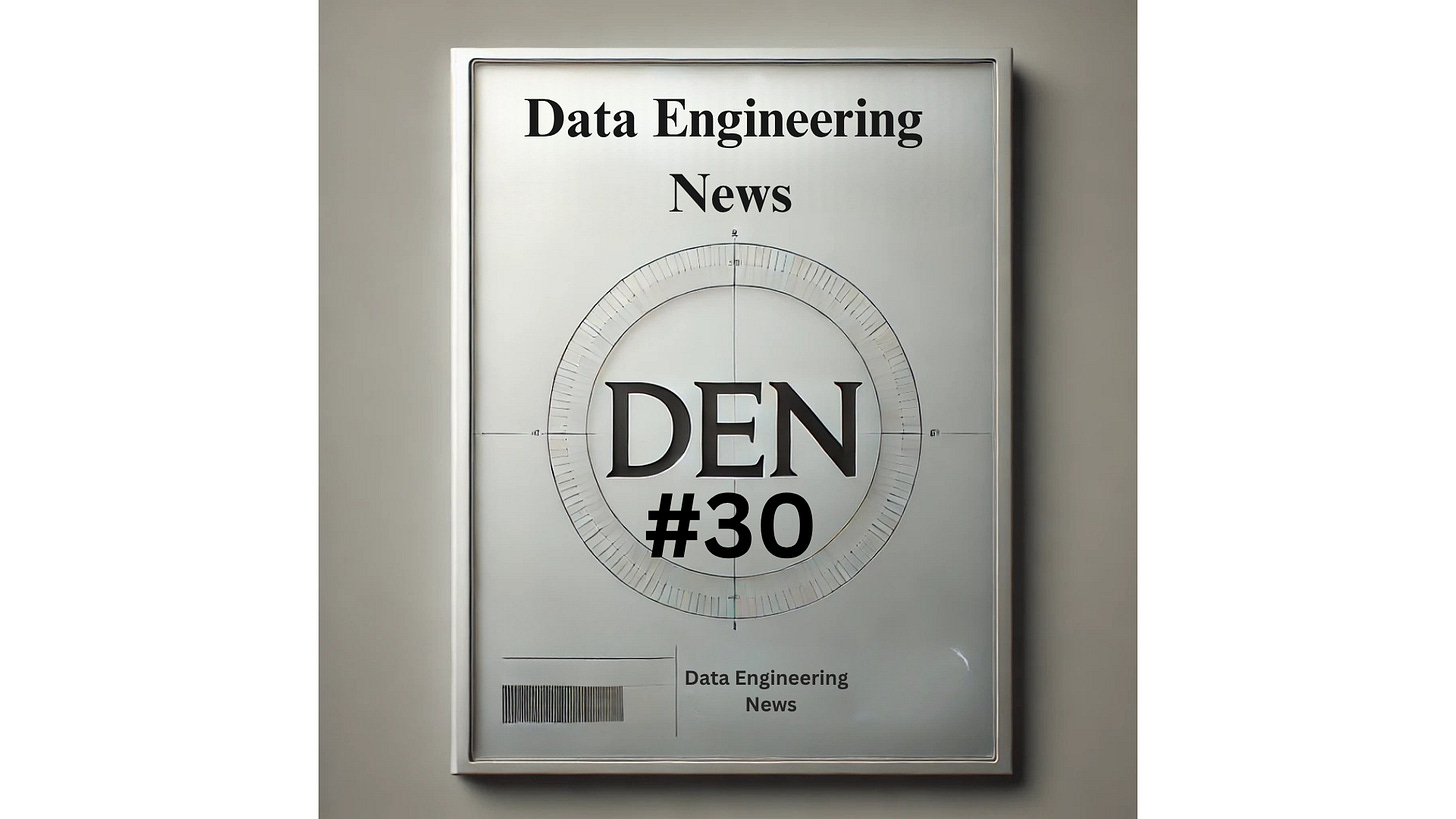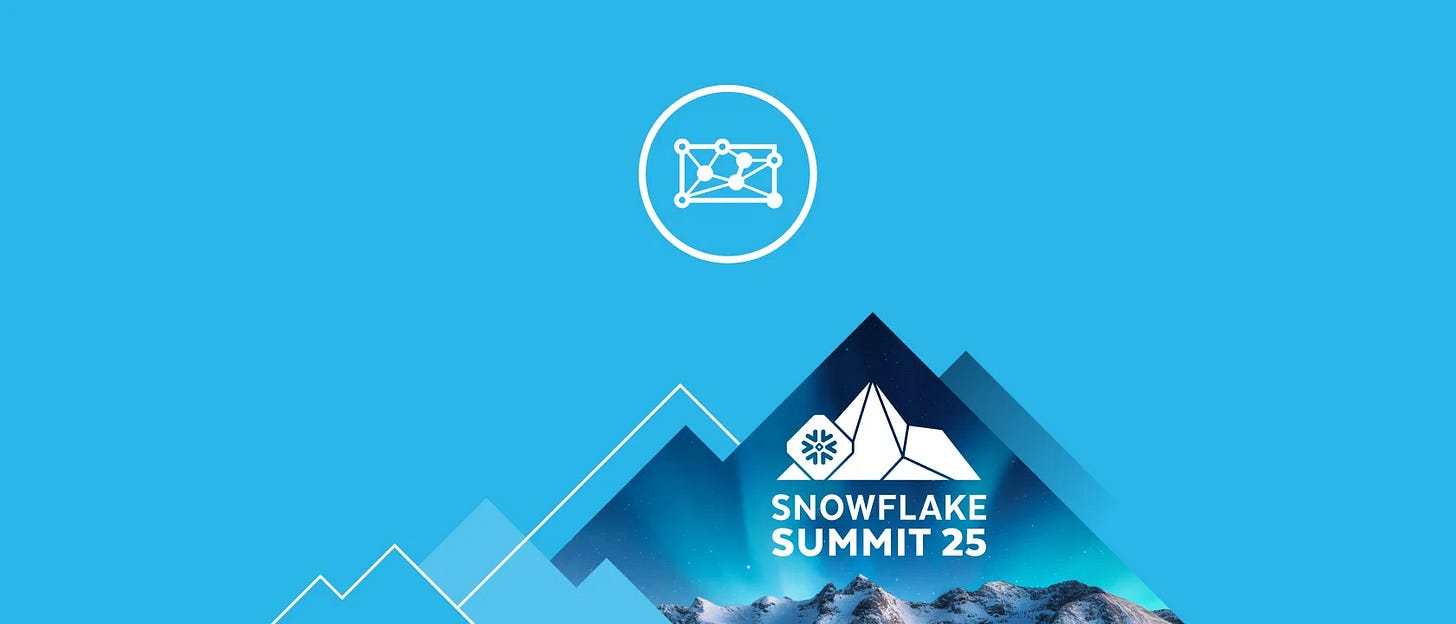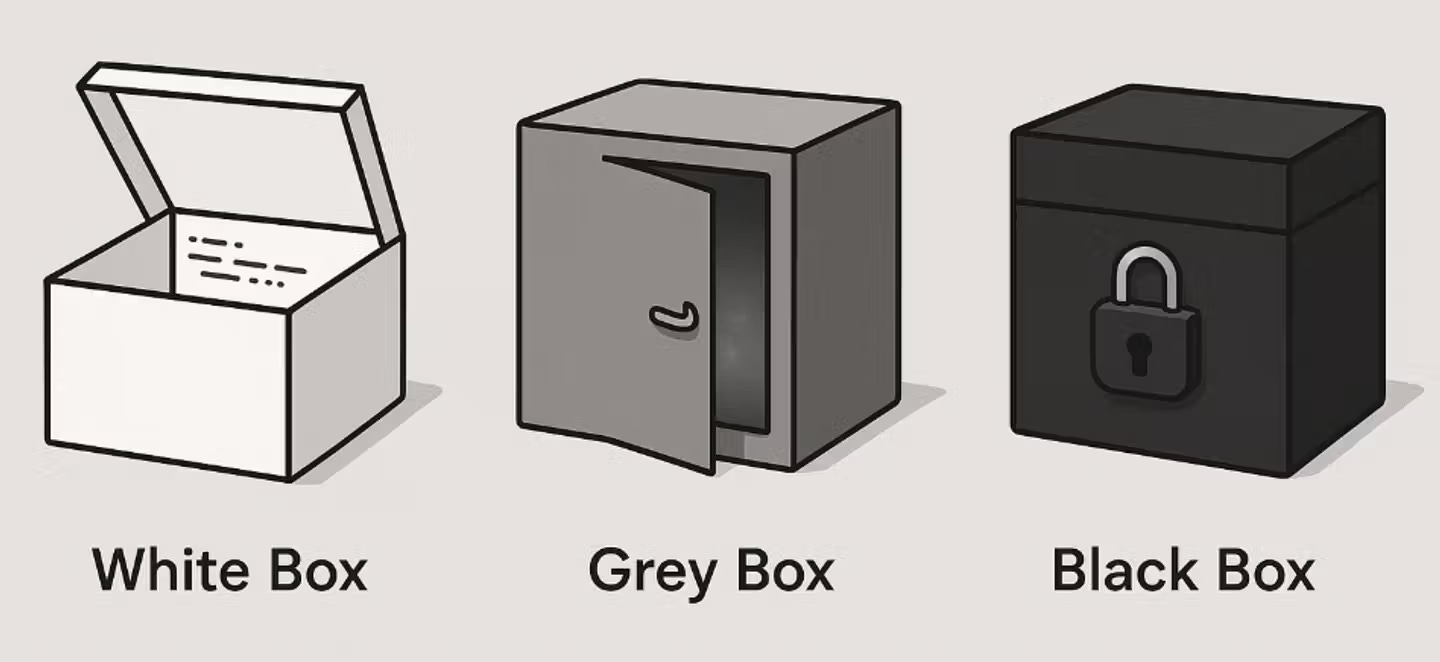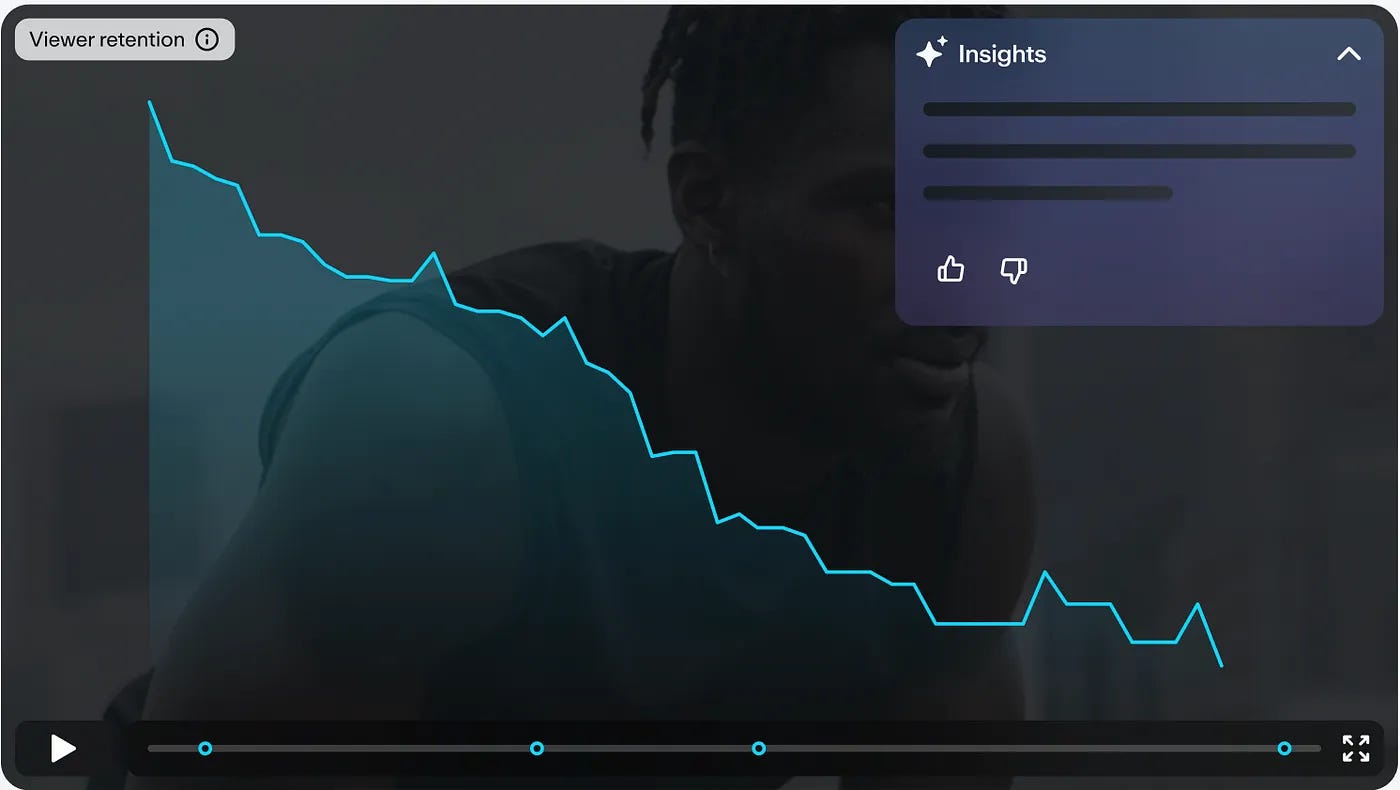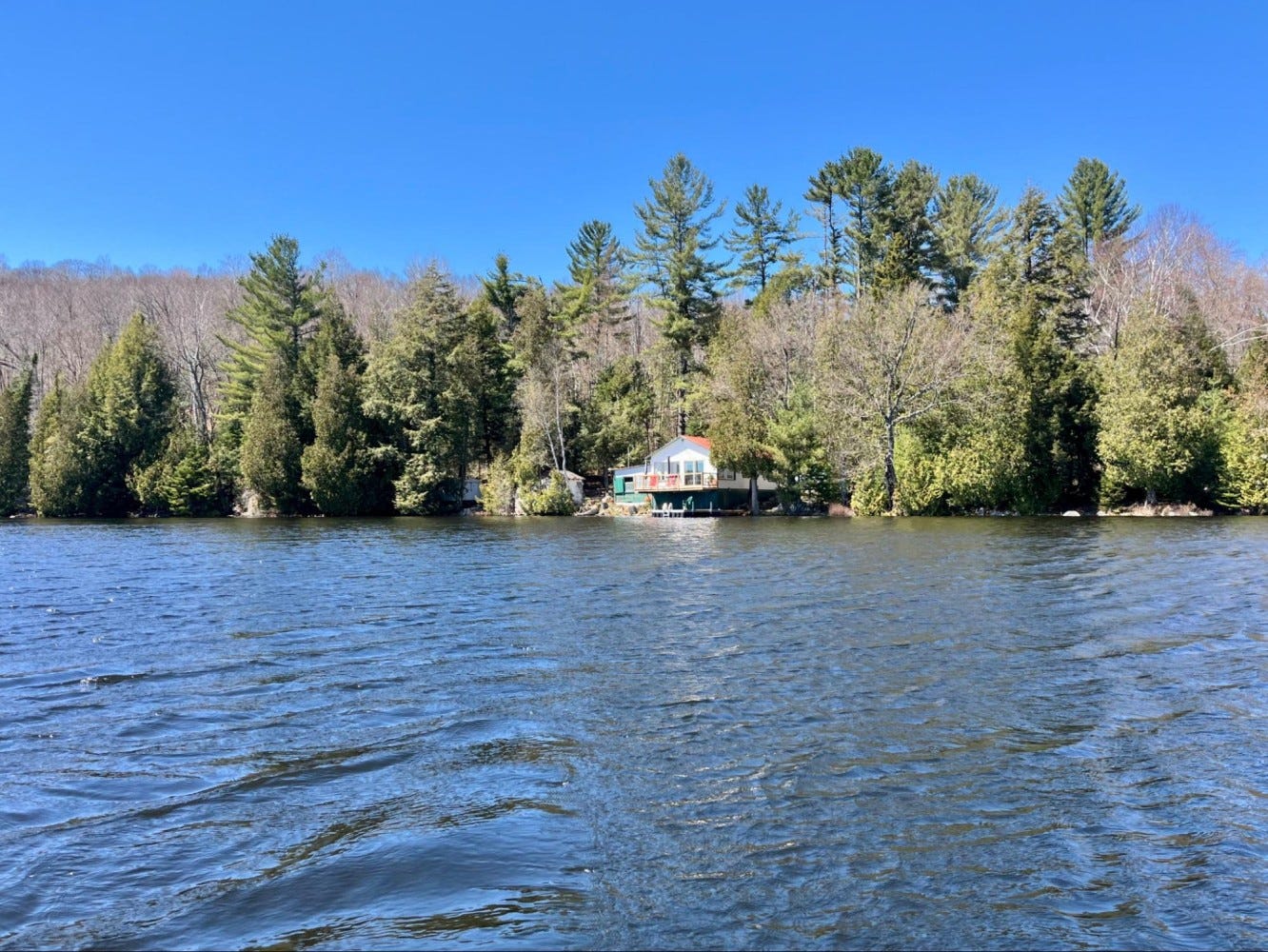1. Snowflake Intelligence: Talk to Your Data, Unlock Real Business Insights
Are you ready to talk to your data and unlock real business insights with Snowflake Intelligence?
This article explores how Snowflake Intelligence empowers business users to ask complex questions in natural language, and get instant, trusted answers from structured and unstructured data. It’s not just search; it’s reasoning across emails, documents, CRMs, and more.
https://www.snowflake.com/en/blog/intelligence-snowflake-summit-2025/
2. Introducing Cortex AISQL: Reimagining SQL into AI Query Language for Multimodal Data
How is SQL evolving to handle multimodal data in the age of AI?
In this article Cortex AISQL is transforming SQL into a language for AI-native, multimodal analytics. You can now process images, text, and soon audio—all inside Snowflake using just SQL. This post shows how AI pipelines become simple SQL queries, unlocking deep insights without complex tools.
https://www.snowflake.com/en/blog/ai-sql-query-language/
3. The shift to Grey Box Engineering and Outcome Engineering
"How are Grey Box Engineering and Outcome Engineering reshaping the future of software development and AI systems?
In this post, Adrian introduces Grey Box Engineering, a paradigm where code is accessible but often irrelevant, and where success is measured not by implementation, but by verification.
https://dlthub.com/blog/grey-box
4. Behind Viewer Retention Analytics at Scale
What does it really take to understand and improve viewer retention at scale?
In this blog, the author explores how Vimeo deciphers what keeps viewers engaged, or makes them drop off. Using ClickHouse for high-speed analytics and LLMs for AI-generated insights, they decode billions of viewing sessions with precision.
https://medium.com/vimeo-engineering-blog/behind-viewer-retention-analytics-at-scale-8dbbb5ae7ae2
5. DuckLake: SQL as a Lakehouse Format
Can SQL itself become your lakehouse format?
The author says that we’ve overcomplicated lakehouses. What if you could drop all the layers, catalogs, and manifest files, and just use SQL? Mark Raasveldt and Hannes Mühleisen introduce DuckLake, a new open table format that puts all metadata into a SQL database while still using Parquet on blob storage. It’s simpler, faster, and more resilient.
https://duckdb.org/2025/05/27/ducklake.html
All rights reserved Den Digital, India. I have provided links for informational purposes and do not suggest endorsement to you. All views expressed in this newsletter are my own and do not represent current, former, or future employer” opinions.


